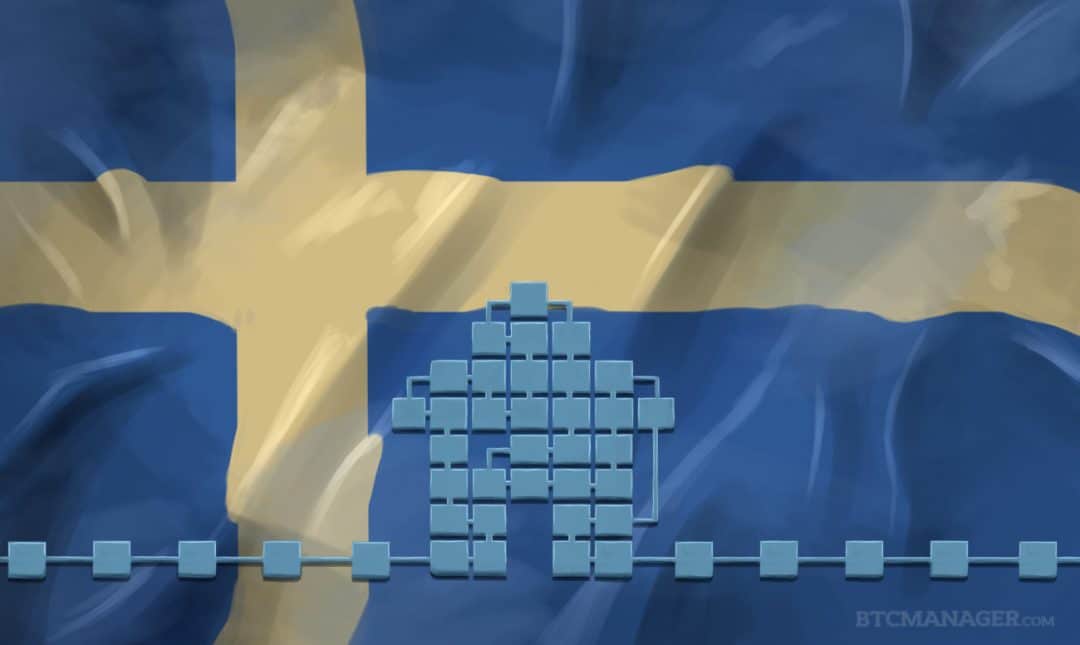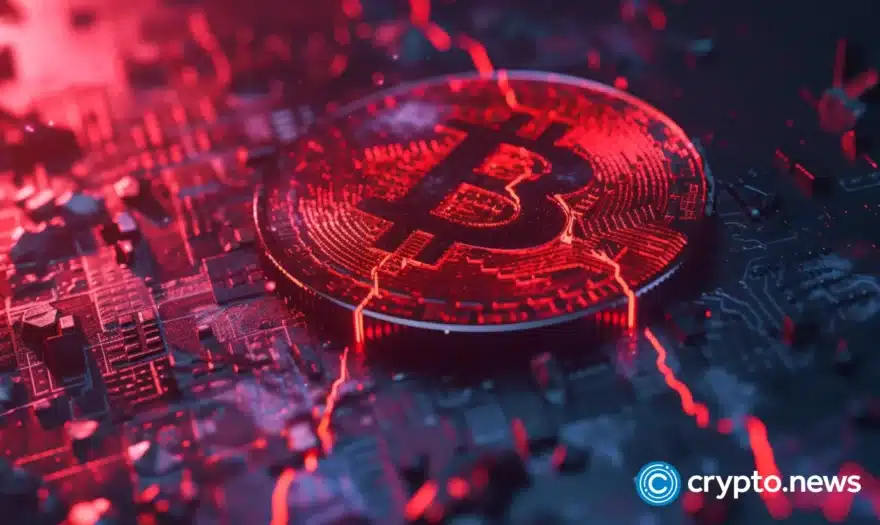Sweden’s Blockchain Land Registry Testnet Arrives March 2017

Sweden will launch a testnet for managing the nation’s real estate with smart contracts and blockchain technology in March 2017. Lantmäteriet, the Swedish National Land Survey, along with blockchain startup ChromaWay are leading this public/private collaboration with support from consulting firm Kairos Future, and telephone service provider Telia. Recently, two banks specializing in mortgages, Landshypotek and SBAB, have also added their support to the project.
The testnet, which will not initially be connected to live data, will go online in March and is intended to provide a working example of a live version of a national land registry running on blockchain technology. If successful, it will be the very first working example of a land registry on a blockchain and will set an example for the rest of the world.
A key factor in this type of system is the identity verification technology provided by telephone provider, Telia. Once identity can be verified, digital signatures can be used in smart contracts to speed up the processes involved with property transfer significantly. ChromaWay CEO Henrik Hjelte, in a June 2016 interview, stated, “By using digital signatures in all steps in the process of selling a house we can bring down the total time of doing a deal from several months, say three months on average, to less than a day or a few days.”
Sweden’s blockchain land registry system will also include some unique features for maintaining the privacy of clients’ data while also providing transparency for information that should be public. The advantage of putting real estate transactions on a blockchain, besides speeding up the process and making it more secure and fraud-resistant, is that it will benefits all of the parties involved. The buyer, the seller, the bank, the government, the broker, and so on, will all be able to easily track the progress of the transaction and view the details of completed deals.
For the property owner or buyer, making a purchase or a sale would be as simple as using an app on their smartphone. For an example of how this app might look, see here. ChromaWay’s technology allows smart contracts to be used with any underlying blockchain, be it Bitcoin, Ethereum, or a private network.
In developing countries, the benefits of using blockchain tech for property registration are evident. Many countries still keep records on paper locked away in file cabinets. A severe weather event could destroy these files, or they can simply degrade, or happen to become misplaced over time. In countries with corrupt governments or unstable political situations, paper records and digital records stored in a centralized government database can be tampered with or lost altogether.
Decentralized public blockchains, different from private blockchains, solve this problem by storing information in a way that makes it impervious to manipulation. Developing countries must overcome this hurdle so that land ownership becomes resistant to weather events, accidents, corruption, changing political regimes and so on. Developing property rights with blockchain technology could establish stability that would lead to a deepening of economic development.
Success in Sweden using the blockchain to enforce property rights would be a blueprint to help developing countries get on board and follow suit.












